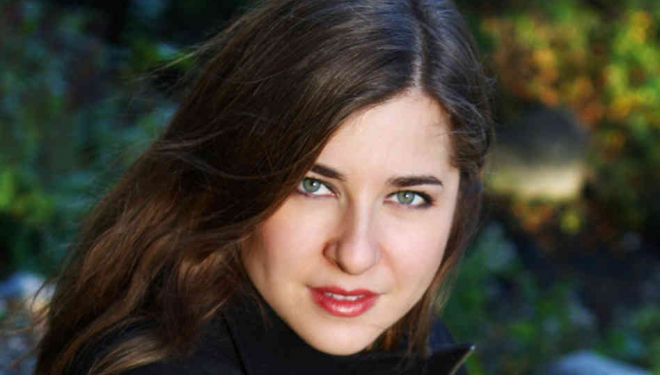
To commemorate the centenary of the First World War, the Philharmonia orchestra will present three masterpieces inspired by the conflict. Nicholas Collon, one of the country’s most talented young conductors, brings his contemporary sensibility to these post-romantic pieces. He will be joined by American cellist Alisa Weilerstein, whose recorded version of Elgar’s Cello Concerto has been called the finest ever released.
Maurice Ravel intended Le tombeau de Couperin (1919) to be a tribute to the French baroque. Mournful for the losses of the war, however, Ravel decided to dedicate each movement to a fallen friend. Originally written for piano but seamlessly orchestrated by the composer himself, it is both elegant and exuberant, taking the forms of 18th century master Couperin but writing in his own exquisite impressionist idiom.
Edward Elgar ’s Cello Concerto (1919) is a work of profoundest melancholy. Elgar, who had built his career in the peaceful golden days of the Edwardian era, was devastated by the destruction of the world that had sustained his career. The concerto, his last uncontested masterpiece before his twilight years, is as resigned and introspective as the Pomp and Circumstance marches were flamboyant and triumphant. The astounding fourth movement begins with a spritely allegro before gradually slowing down to a moment of stasis. Despite the moody tone, there are patches of hope, and the piece’s virtuosic composition ensures that it remains utterly captivating.
A Pastoral Symphony (1922), later numbered third in Ralph Vaughan Williams’ symphonic cycle, is hauntingly understated. Of the three composers represented tonight,Vaughan Williams was the only one to see action in the war. Too old to be conscripted, he volunteered in the Medical Corps. Later, he recalled looking across the trenches at the sunset, an image that informs the symphony’s autumnal,pastel-hued sombreness. It is the negative of The Lark Ascending’s dawn chorus, a beauteous elegy for the dead and a subtle call for peace. Elizabeth Watts, one of Britain’s most revered sopranos, will sing the final movement’s wordless melody.
| What | First World War Commemoration Concert, Royal Festival Hall |
| Where | Royal Festival Hall, Southbank Centre, Belvedere Road, London, SE1 8XX | MAP |
| Nearest tube | Waterloo (underground) |
| When |
On 12 Oct 14, 3:00 PM – 5:00 PM |
| Price | £9 - 45 |
| Website | Click here to book via the Southbank Centre |
